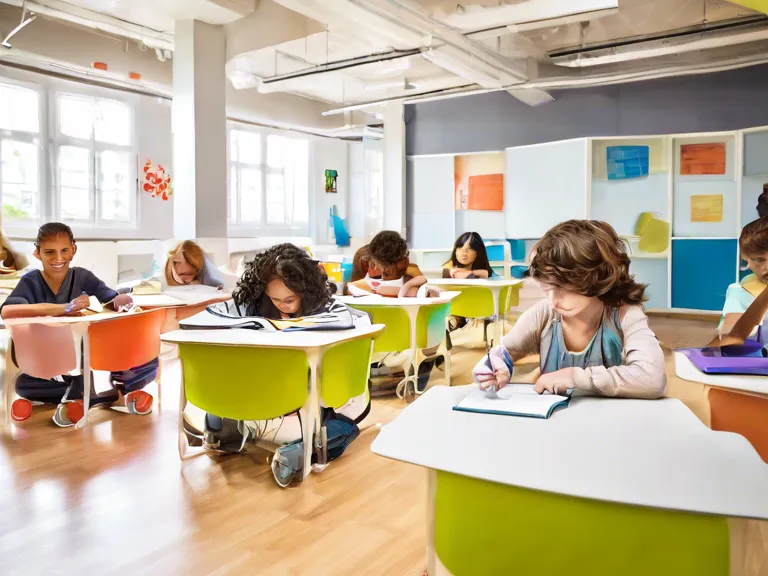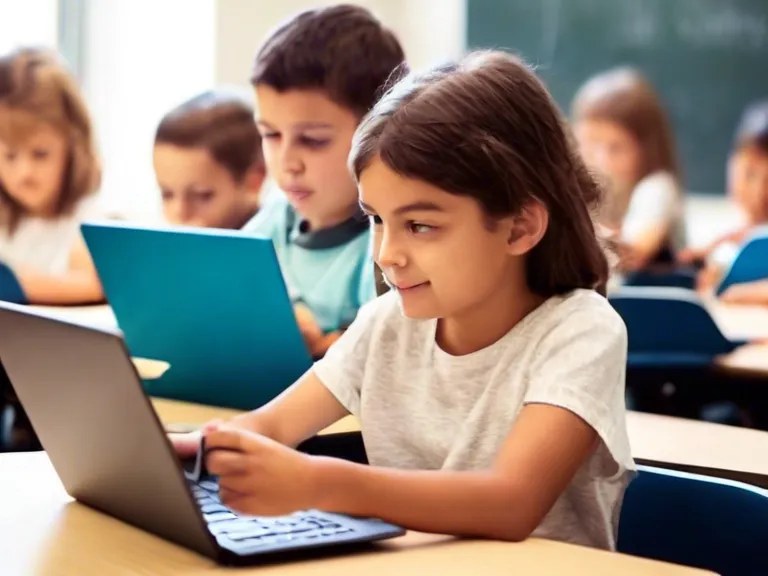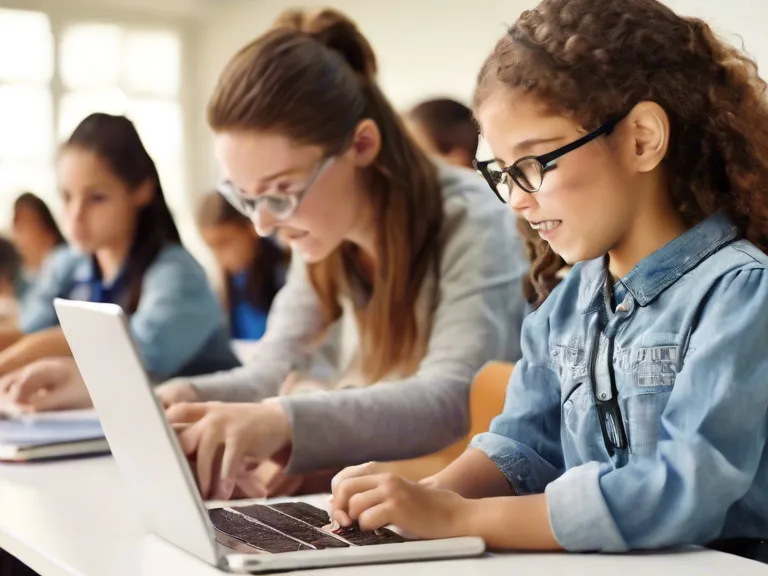
In today's fast-paced digital age, traditional textbook learning is being increasingly supplemented, and sometimes even replaced, by interactive learning tools. These tools are revolutionizing the way students of all ages engage with and absorb information. From online simulations and educational games to virtual reality environments and personalized learning platforms, the future of interactive learning tools is brighter than ever before.
Interactive learning tools offer several advantages over traditional textbooks. They provide a more engaging and hands-on learning experience, catering to different learning styles and preferences. With interactive tools, students can actively participate in their learning process, rather than passively consuming information from a book. This active engagement has been shown to increase retention and understanding of complex concepts.
Furthermore, interactive learning tools can adapt to the individual needs and pace of each student. Personalized learning platforms use algorithms and data analytics to track student progress and provide targeted feedback and recommendations. This level of customization ensures that each student is receiving the support and challenges they need to succeed.
Another benefit of interactive learning tools is their ability to simulate real-world scenarios and experiences. Virtual reality environments, for example, allow students to explore historical events, scientific phenomena, and cultural landmarks in a way that would not be possible with a traditional textbook. These immersive experiences help students develop a deeper understanding and appreciation for the subject matter.
As technology continues to advance, the possibilities for interactive learning tools are endless. Innovations such as artificial intelligence, augmented reality, and gamification are shaping the future of education. By incorporating these tools into the classroom, educators can create dynamic and engaging learning experiences that inspire curiosity, critical thinking, and creativity in their students.


